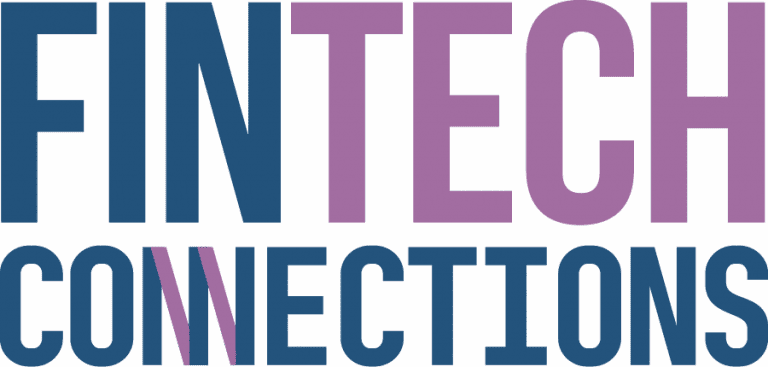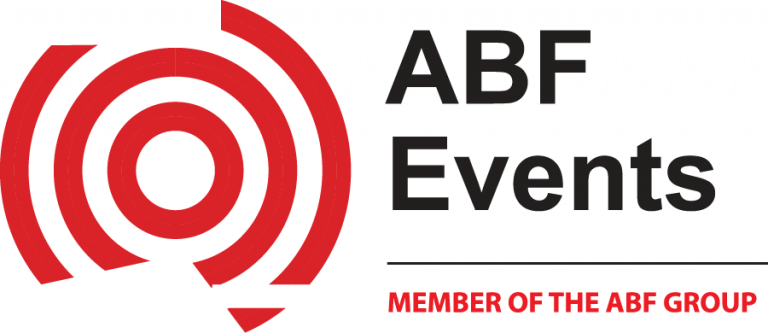Buy now, pay later (BNPL) apps are becoming a popular option for consumers to make purchases and pay over time without incurring any interest. Two of the most popular BNPL apps are Klarna and Afterpay, which are accepted at well-known brands like Bed Bath & Beyond, Nike, and Old Navy.
At a Glance
| Klarna | Afterpay | |
|---|---|---|
| Amount Due at Purchase | 25% | 25% |
| Repayment Terms | Pay 25% every 2 weeks | Pay 25% every 2 weeks |
| Interest | 0% | 0% |
| Credit Check Required | Soft credit check | None |
| Late Fees | $7 | $10 plus an additional $7 if payment is unpaid 7 days after the due date |
| Popular Brands Available | Bed Bath & Beyond, Macy’s, Sephora, Nike, H&M | Bed Bath & Beyond, Old Navy, Forever 21, Pandora, UGG |
| Other Financing Products | Pay in 30 days or finance for 6 to 36 months | None |
Klarna vs. Afterpay: Terms
Both of these buy now, pay later apps allow customers to receive items today while breaking payments into four equal installments. After you’ve been approved, you can purchase products and services at participating retailers and pay over time without incurring any interest. As long as you make your payments on time, you’ll never pay more than your purchase amount.
At the time of your Klarna purchase, you’ll pay 25% as a down payment, then pay the balance over the next six weeks. Every two weeks, another 25% will be charged to your form of payment (debit or credit card), until the balance is paid in full. In most cases, your form of payment is the bank account that you’ve linked to your BNPL app account.
Klarna’s minimum purchase amount is $10 and the maximum is determined by the spending limit assigned by Klarna’s underwriting. While you cannot request an increased credit limit, you can request individual purchases above your credit limit. If its underwriting engine can approve you for a larger purchase, it will.
While Afterpay does not have a minimum purchase amount, the retailers that it works with may. Your maximum purchase amount is available in the Afterpay app and is determined based on your personal profile. Although the Afterpay app provides a pre-approval maximum amount, pre-approval does not guarantee that your transaction will be approved at checkout.
Klarna vs. Afterpay: Credit Requirements
Whenever a lender approves you for financing, it usually pulls your credit history. Buy now, pay later services act differently because many do not require a credit inquiry at all. Most also provide short-term financing without anything more than a soft credit pull.
For its pay-in-four service, Klarna only performs a soft credit inquiry, which does not affect your credit score. This soft inquiry is used to determine if you pay your bills on time. For longer-term financing, Klarna may require a hard credit check. Like most lenders, if your debt is not repaid, your delinquency can be reported to the credit bureaus.
Afterpay does not check your credit when you open an account or make a purchase. Additionally, if you are ever late with a payment, it will not report it to the credit bureaus. This is a great option for people who have had a troubled credit history or who are just starting to build their credit.
Klarna vs. Afterpay: Interest and Fees
Most buy now, pay later services do not charge interest or fees as long as you make all of your scheduled payments. Klarna’s and Afterpay’s pay-in-four services are no exception. Neither service charges a fee and there is no interest for the pay-in-four financing.
If you choose a longer repayment term, then you may be charged interest with Klarna’s retailers. For these loans, interest rates vary by retailer, but they range from 0% to 24.99%.
Neither Klarna nor Afterpay charges fees to open an account or use their financing. However, if you pay late, you may be charged a late fee. Klarna’s late fee is $7, while Afterpay charges $10 for late payments, plus an additional $7 if your payment is not made within seven days of your due date.
There are no prepayment penalties for either company, so you can pay off your buy now, pay later loan at any time without incurring any fees or additional interest.
Klarna vs. Afterpay: Mobile App
Both Klarna and Afterpay offer mobile apps to shop, view your account, and pay your bills. Each offers different features to encourage shopping and enhance the user experience. The apps are available for both Apple and Android mobile devices.
Klarna’s mobile app (Apple, Android) curates personalized wish lists based on your preferences, favorites, and past purchases. You can even set alerts to be notified of price drops on your saved items or browse exclusive deals. Customers can track their packages and initiate returns to avoid paying for items that have been returned to the store.
Beyond shopping at over 200,000 retailers in the Klarna app, you can also create a one-time card number that enables you to make purchases anywhere Visa is accepted. While many buy now, pay later services are limited to retailers within their ecosystem, Klarna allows customers to shop online at any U.S. website with a virtual card number to buy now and pay later.
The Afterpay mobile app (Apple, Android) allows customers to browse and make purchases from over 85,000 retailers. You can also make purchases in-person at some of the app’s retailers. You may view your purchase history and upcoming payments within the app and change your preferred payment method at any time. Upcoming payments can also be paid early within the app.
Klarna vs. Afterpay: Other Products
While Afterpay does not currently offer additional financing options, Klarna does. With Klarna, in addition to pay-in-four transactions, you can also take advantage of pay-in-30 and six- to 36-month financing.
Pay-in-30 from Klarna allows you to buy items today, return what you don’t want, and pay only for what you keep. There are no fees or interest on these purchases as long as you pay the entire balance within 30 days. Klarna also offers six- to 36-month financing in partnership with WebBank to offer flexible payments on larger purchases.
One of the unique features of Klarna is that you earn rewards on every purchase. Those rewards can be redeemed for exclusive discounts on future purchases.
Frequently Asked Questions (FAQs)
How Do Klarna and Afterpay Work?
These buy now, pay later services allow you to buy today from their network of merchants, then pay over time without incurring interest. You’ll pay 25% of your purchase amount on the date of your purchase, then 25% every two weeks. This means that your purchase will be paid off within six weeks of your transaction date. They do not charge interest or fees as long as payments are made on time. Instead, they earn money on every transaction from the merchants, similar to how a credit card issuer earns revenue.
What Is the Minimum Credit Score for Afterpay and Klarna?
Klarna and Afterpay do not disclose minimum credit score requirements. Klarna only performs a soft inquiry, while Afterpay does not check customer credit scores at all. Most transactions require a 25% down payment and subsequent payments of 25% every two weeks until paid off. Because these loans are short term in nature, buy now, pay later services like Klarna and Afterpay are willing to work with customers who have bad credit or have minimal credit experience.
Can Klarna or Afterpay Hurt Your Credit?
As long as you make your payments on time, Klarna and Afterpay will not hurt your credit. Klarna does a soft credit check for its pay-in-four service, so its inquiry will not affect your credit score. If you need a longer-term loan from Klarna, then it may perform a hard inquiry, which will report on your credit report and may reduce your score by a few points.
Afterpay does not check your credit at all. It only requests basic personal information, such as name, contact information, date of birth, and your credit or debit card number. However, if you miss payments and do not pay for your purchases, both buy now, pay later services have the option to report your delinquent payments to the credit bureaus.
Are Klarna and Afterpay Safe to Use?
Yes, buy now, pay later services like Klarna and Afterpay are safe to use. They are legitimate companies that make it easier for consumers to afford their purchases by splitting transactions into four equal payments. Because this type of financing is relatively easy to get approved for, the danger is that consumers will make purchases that they shouldn’t and, ultimately, spend more than they would otherwise.
















